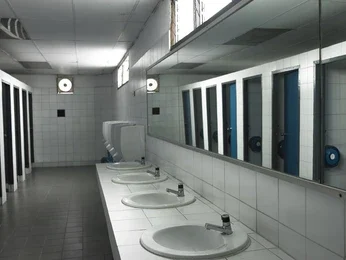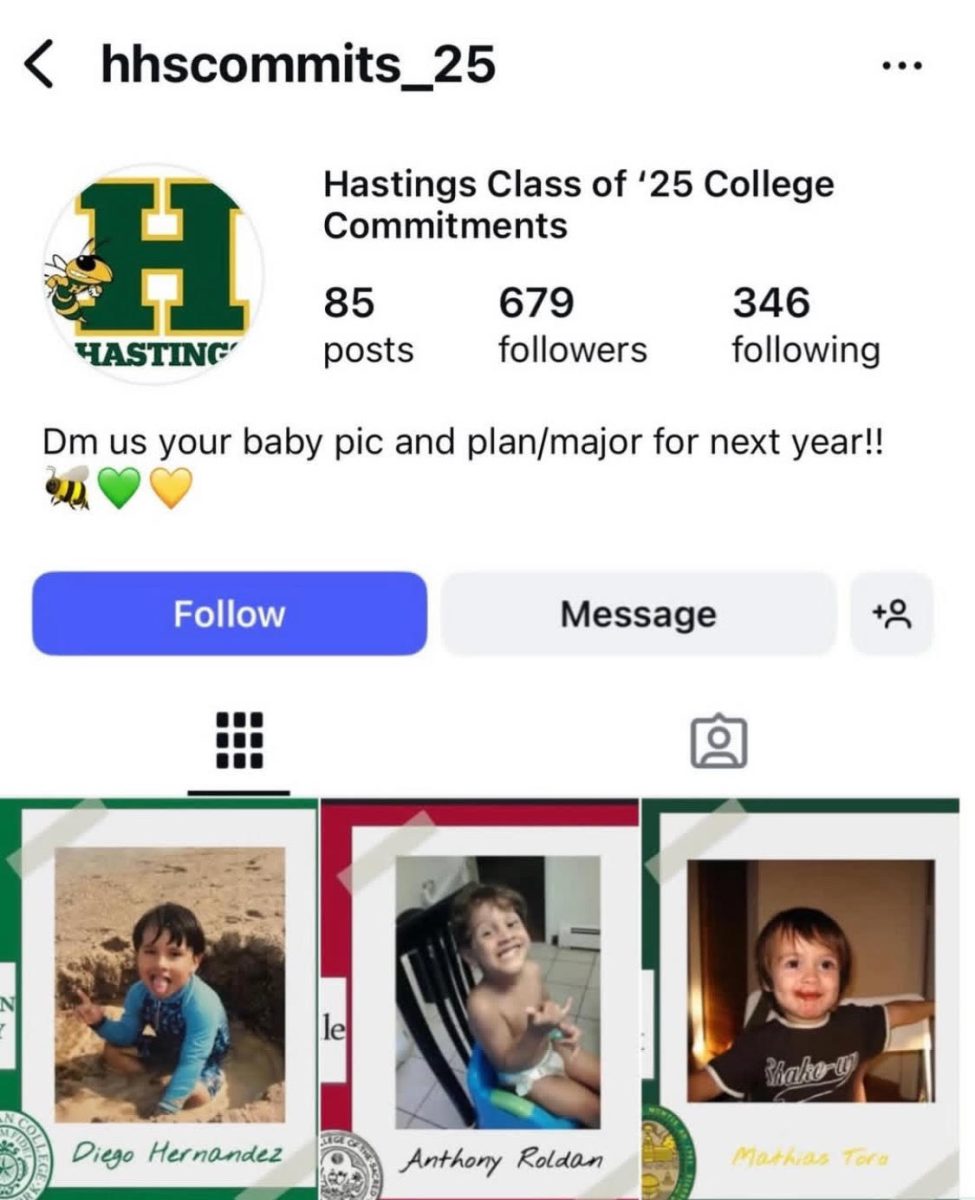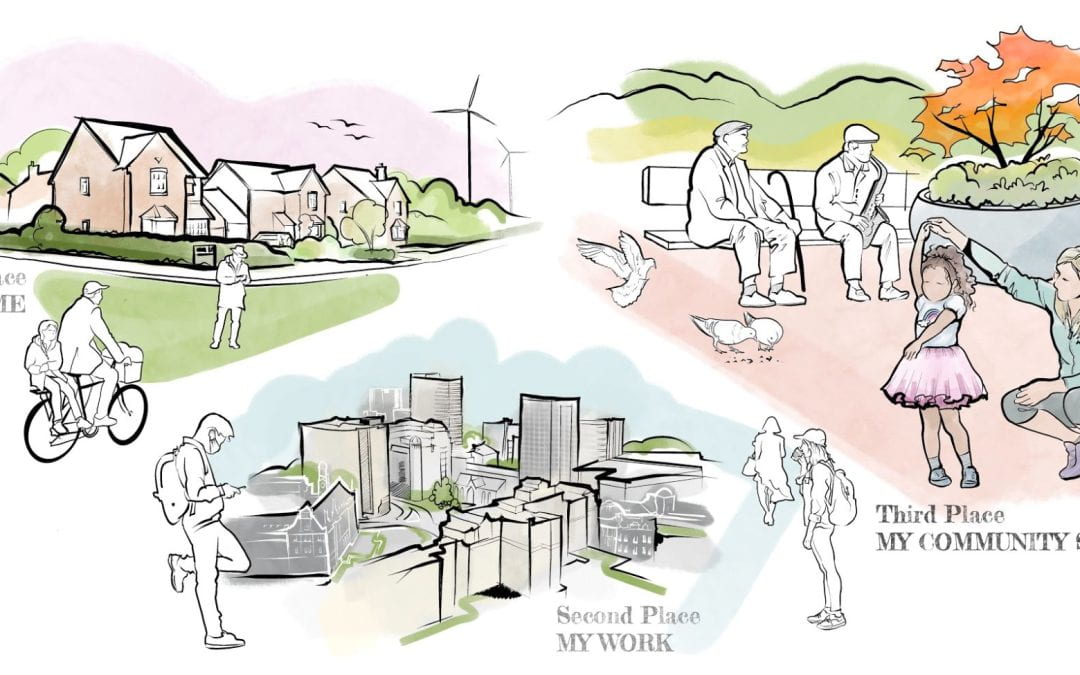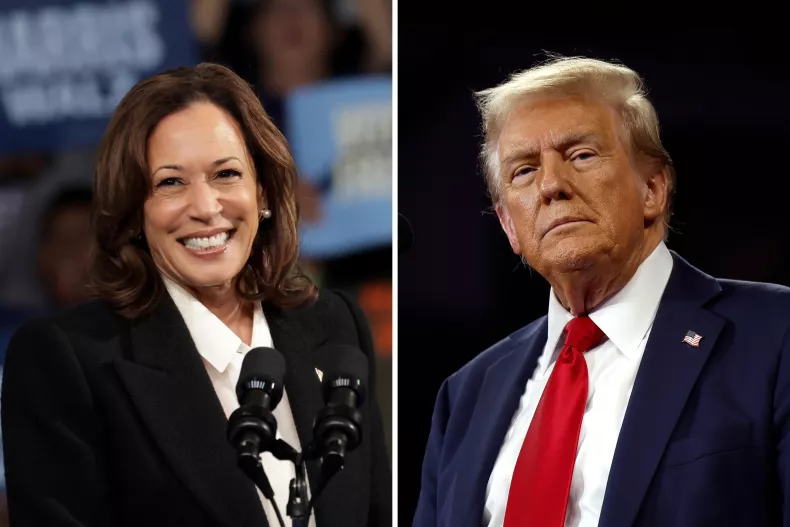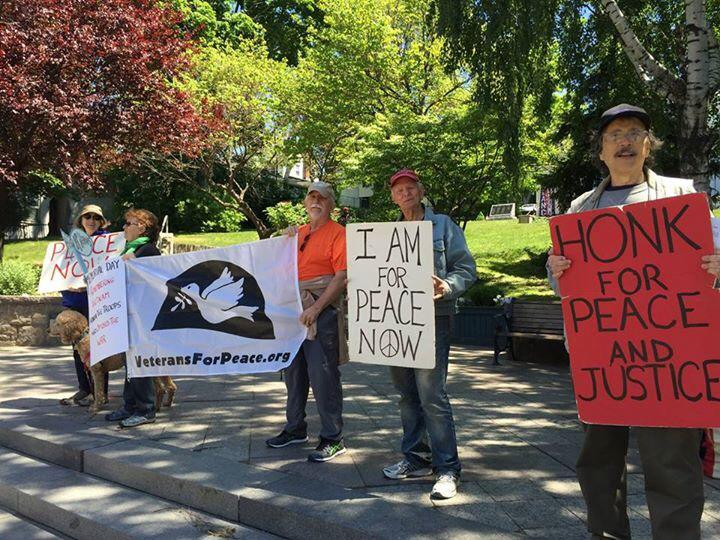Concerned Families of Westchester: Making A Difference in Small Ways
December 13, 2020
Concerned Families of Westchester is a peace and justice organization in the Rivertowns. You may know them from their weekly vigils in front of the VFW, where they’re supporting or protesting important political and social causes. However, most people don’t know the full extent of what they do. I interviewed Frank Brodhead, a member of CFOW, to learn more about their work and why it’s important in today’s political landscape.
Tell me a little bit about CFOW, what it is, how it started, and why you do it.
“The organization began the day after 9/11. That was 19 years ago. And it began when several of us, three households, got together the day after 9/11 to talk about what was happening, what might happen next, what we thought, [and] did this mean we were going to have a war? So we began as an anti-war group. We had meetings and petitions, we went to demonstrations in Washington and New York City, and we started a newsletter that continues today. And in the fall of 2002, we began a weekly protest, or vigil, in front of the Dobbs Stop & Shop. The war in Afghanistan happened in the spring of 2003, and then that was our major focus for a number of years. We think of ourselves as a group that encompasses the Rivertowns. We call ourselves the Concerned Families of Westchester, but that was a marketing idea in the second week of our existence, to make ourselves look more important than we were, and we used the words “concerned families” rather than “really upset troublemakers,” but now we’re stuck with this really wimpy name. Sometimes we joke about it. Over the last 6 or 7 years, and particularly during the Trump administration, we have moved our focus to immigration issues, Black Lives Matter, and many more like this. We have half a foot in several doors. That’s what we do. We began when we were in our late 50’s or 60’s, now we’re in our late 70’s.”
The majority of activists today, from what I’ve seen, are younger people, like millennials and Gen Z. CFOW is mainly older people. What are your thoughts on that?
“There are many people in our group who grew up with the Civil Rights movement and then the Vietnam War, and we were, in a sense, scarred from this experience. The protests we go to are 80% young people and 15% people over sixty five. This is wonderful for us. I remember during the 1960’s how we felt it was difficult to be a radical movement trying to change things where the oldest people were about thirty five. It really was a big hardship that so many leftists of that time had been wiped out. It’s very important to have the experience of forming a group, creating a program.”
How has CFOW changed because of the pandemic?
“Well, it’s been a disaster, of course, because we like to get out and talk to our neighbors. COVID prohibits that, so we’ve had to move many things online, which excludes a lot of people from the discussion. Also, it scares us to death, because there are quite a few of us who have health issues and are at risk. It has been a dramatic lesson in why we need a different kind of healthcare system, I mean, it’s incredible that there’s any opposition to medicare for all at this point.”
Why do you think what you do is important, especially in today’s political climate?
“Well, we hope it’s important. We act as though it’s important, as if it makes a difference. Obviously, we’re just a grain of sand on the beach, but on the other hand, social change only happens when lots of people move together. It’s no longer a time when heroes do all of the work, when there’s a big revolution, it’s day by day, step by step.”
What do you want people to know about CFOW and take away from this interview?
“One is that we have a real political crisis in the world at the moment. It’s very serious and everybody needs to pitch in. it goes without saying that younger people will spend longer with this crisis than we will. Young people have very interesting innovations and better ideas than we did at that age, so we really need your help. The other is that life of revolutionary activity or working to implement your ideas that the world could be better is fulfilling. Rather than being a drag, this is what gives our lives meaning, it helps us to enact our ideals that we would like to see in the world.”
